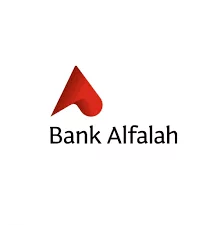Beirut September 17 2022: Wielding real or toy guns, angry Lebanese have forced their way into as many as seven banks this week to access trapped savings, as the country’s crippling financial crisis pushes people to take the law into their own hands, reported by Bloomberg.
Informal capital controls are in place across Lebanon — blocking bank customers from withdrawing foreign currencies and savings in full — as an economic implosion that began three years ago shows no sign of easing.
Unable to pay for basic necessities, account holders are taking desperate measures to get hold of their money.
In one of the latest incidents, a depositor stormed a bank in south Lebanon on Friday and retrieved about $19,000 before turning himself in to police moments later, according to reports by media including Lebanon’s National News Agency. Other banks were held up by clients seeking deposits.
The Mission to Rescue Beirut’s Cultural Heritage From Rubble
The spate of incidents began two days ago when a woman brandishing a toy gun and accompanied by social activists stormed a bank in Beirut. She briefly held employees hostage while taking $13,000 from her account to pay for a sister’s cancer treatment.
The Association of Banks in Lebanon has declared a three-day strike starting Sept. 19 to protest “repeated attacks on banks” and their employees, according to a statement Friday.
The association urged authorities to quickly pass laws to address the crisis.
Lebanon’s caretaker interior minister, Bassam Mawlawi, called for an “emergency meeting” of the Central Internal Security Council to discuss the bank raids, NNA reported.
Lebanon has been in the throes of a crisis labeled by the World Bank as one of the worst since the mid-19th century. The economic meltdown pushed three-quarters of its population into poverty, while the Lebanese pound lost more than 90% of its market value.
A delegation from the International Monetary Fund will visit Beirut on Sept. 19 to discuss delays in agreed-upon reforms that would open doors to a $3 billion loan to help the country begin to overcome its financial crisis.
For the agreement to move forward, the IMF wants Lebanon to take several steps, ranging from an externally-assisted evaluation of each of the largest lenders to an audit of the central bank and the lifting of banking secrecy laws.










